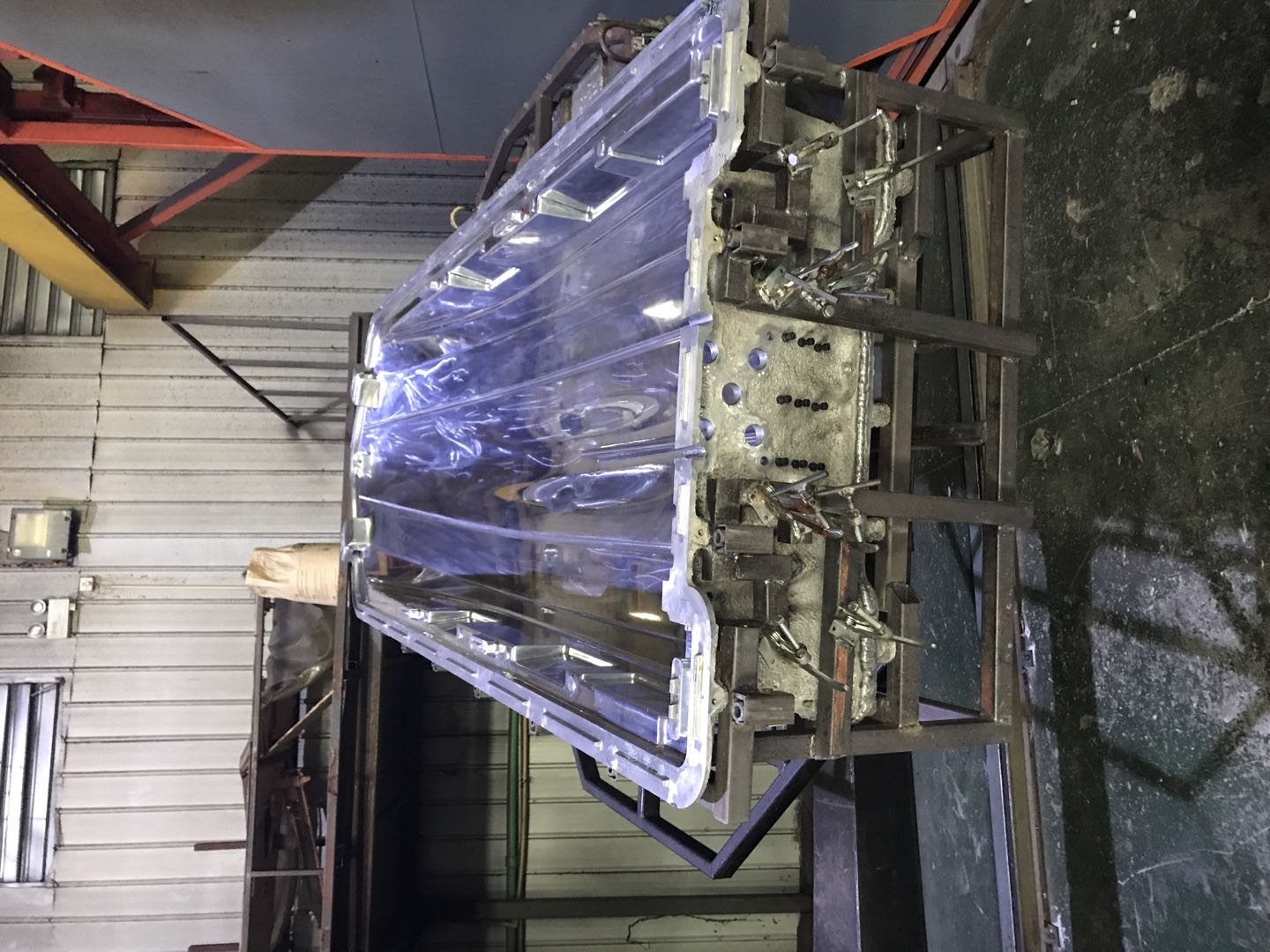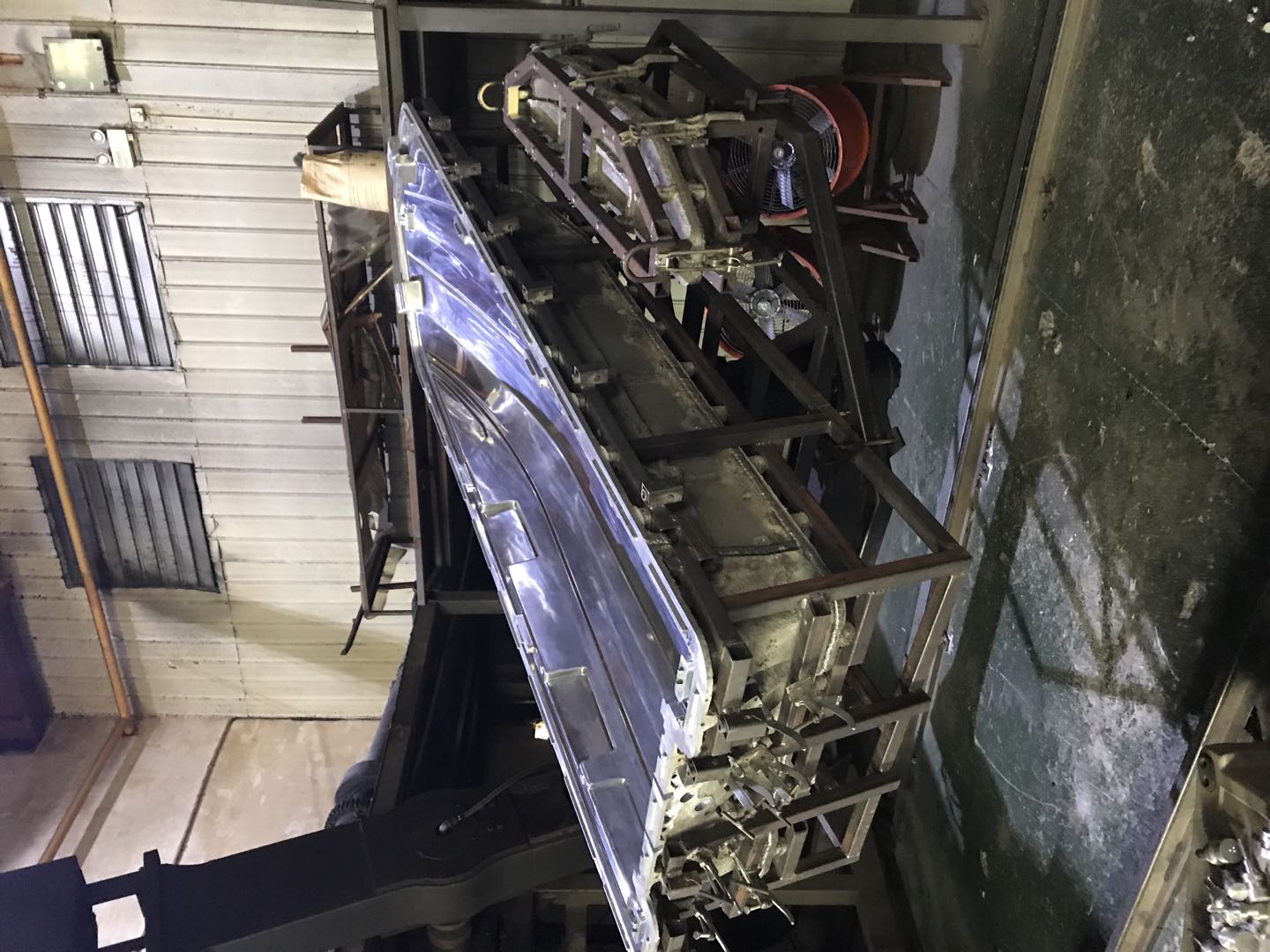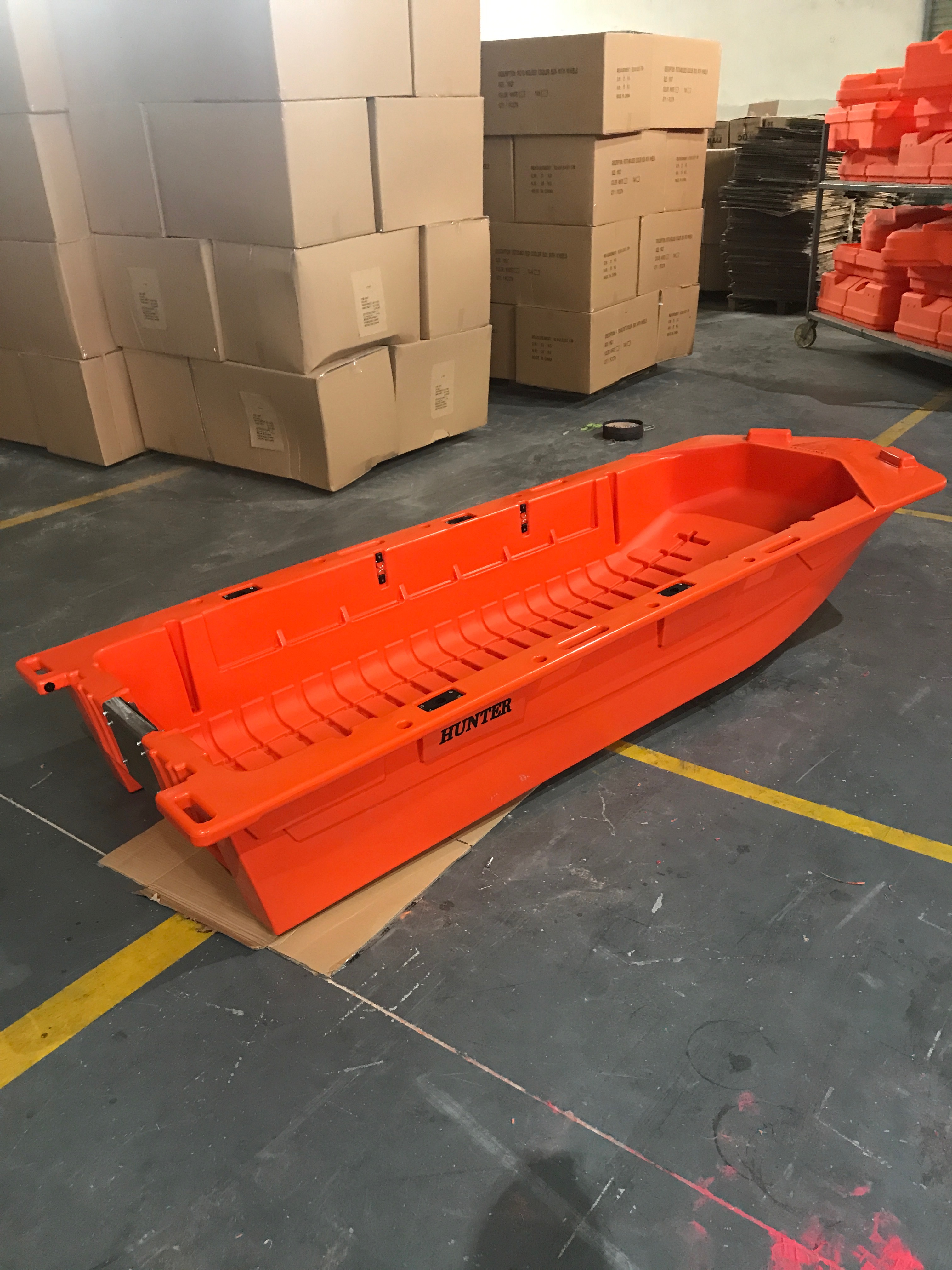- All
- Product Name
- Product Keyword
- Product Model
- Product Summary
- Product Description
- Multi Field Search
Aluminum molds offer several advantages in various manufacturing processes, including rotational molding. Here are some advantages of using aluminum molds:
1. Lightweight: Aluminum molds are significantly lighter compared to molds made from other materials like steel. This lightweight nature makes them easier to handle, transport, and install. It also reduces the stress on the rotational molding machine, allowing for faster cycle times and increased production efficiency.
2. Heat transfer efficiency: Aluminum has excellent thermal conductivity, meaning it can efficiently transfer heat. In rotational molding, where the mold is heated to melt the plastic resin, aluminum molds heat up quickly and evenly. This ensures consistent heating throughout the mold, resulting in uniform wall thickness and improved product quality.
3. Reduced energy consumption: Due to their superior heat transfer properties, aluminum molds require less energy to heat up and maintain the desired temperature during the rotational molding process. This leads to energy savings and reduced operating costs for manufacturers.
4. Faster cooling times: Aluminum molds have high thermal conductivity, which also allows for faster cooling times. After the plastic resin has been evenly distributed and formed the desired shape, the mold can be cooled down rapidly, reducing cycle times and increasing production output.








Aluminum molds offer several advantages in various manufacturing processes, including rotational molding. Here are some advantages of using aluminum molds:
1. Lightweight: Aluminum molds are significantly lighter compared to molds made from other materials like steel. This lightweight nature makes them easier to handle, transport, and install. It also reduces the stress on the rotational molding machine, allowing for faster cycle times and increased production efficiency.
2. Heat transfer efficiency: Aluminum has excellent thermal conductivity, meaning it can efficiently transfer heat. In rotational molding, where the mold is heated to melt the plastic resin, aluminum molds heat up quickly and evenly. This ensures consistent heating throughout the mold, resulting in uniform wall thickness and improved product quality.
3. Reduced energy consumption: Due to their superior heat transfer properties, aluminum molds require less energy to heat up and maintain the desired temperature during the rotational molding process. This leads to energy savings and reduced operating costs for manufacturers.
4. Faster cooling times: Aluminum molds have high thermal conductivity, which also allows for faster cooling times. After the plastic resin has been evenly distributed and formed the desired shape, the mold can be cooled down rapidly, reducing cycle times and increasing production output.







